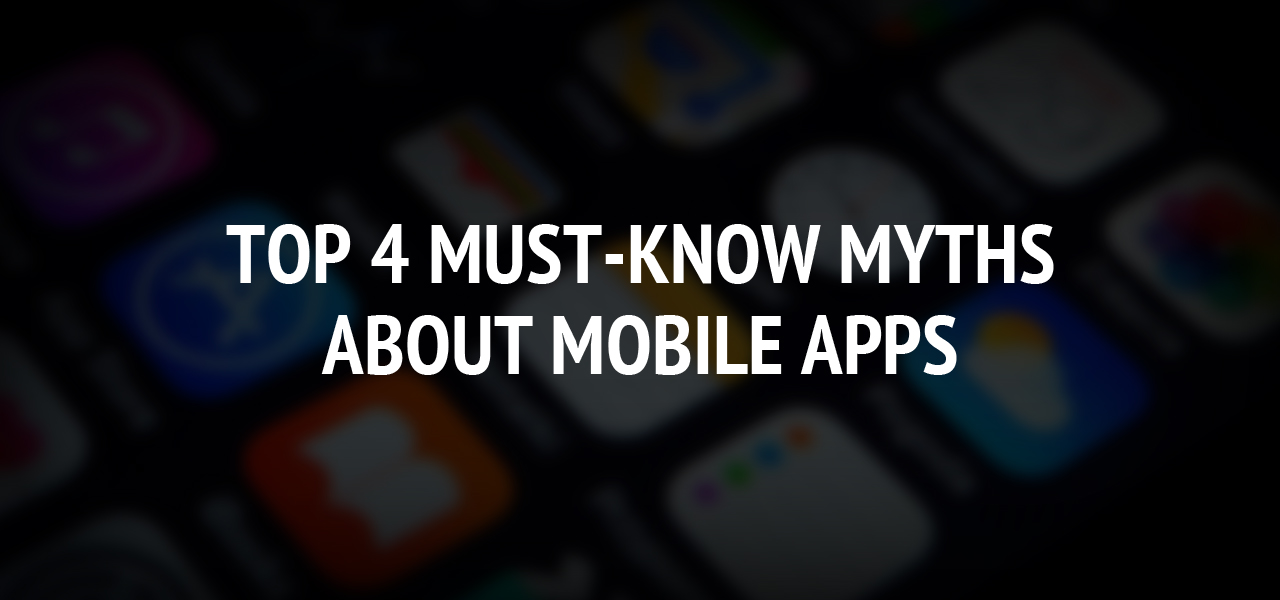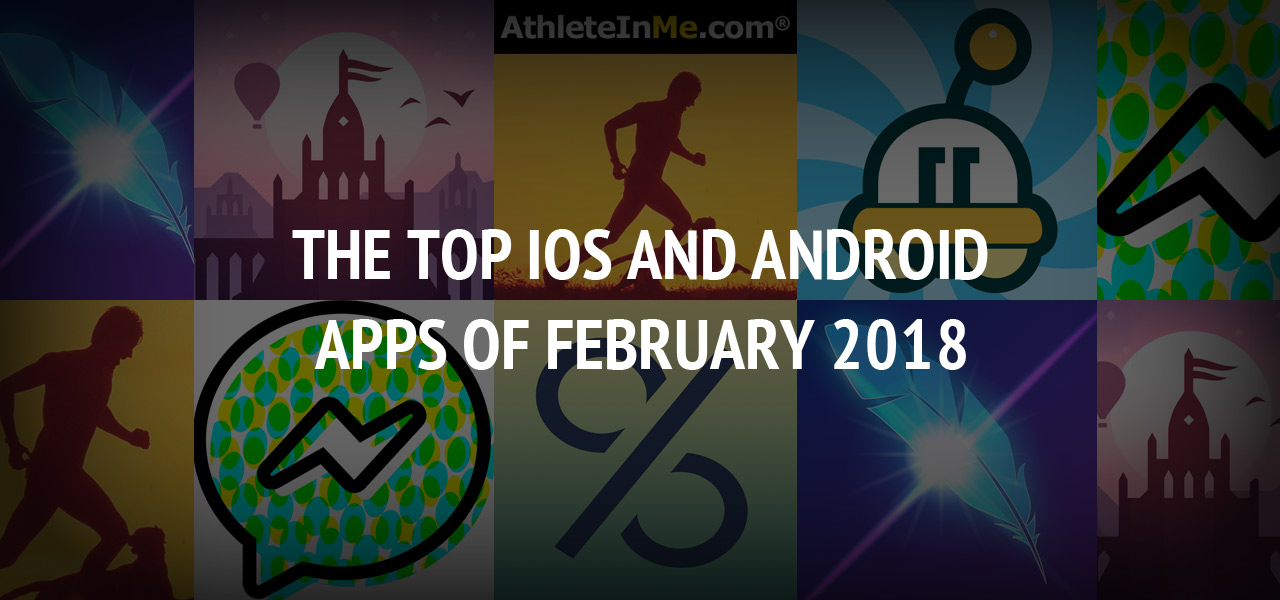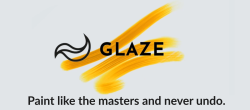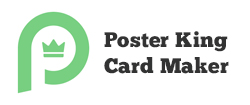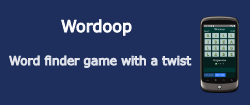A definitive guide to creating Smart Mobile App on Blockchain
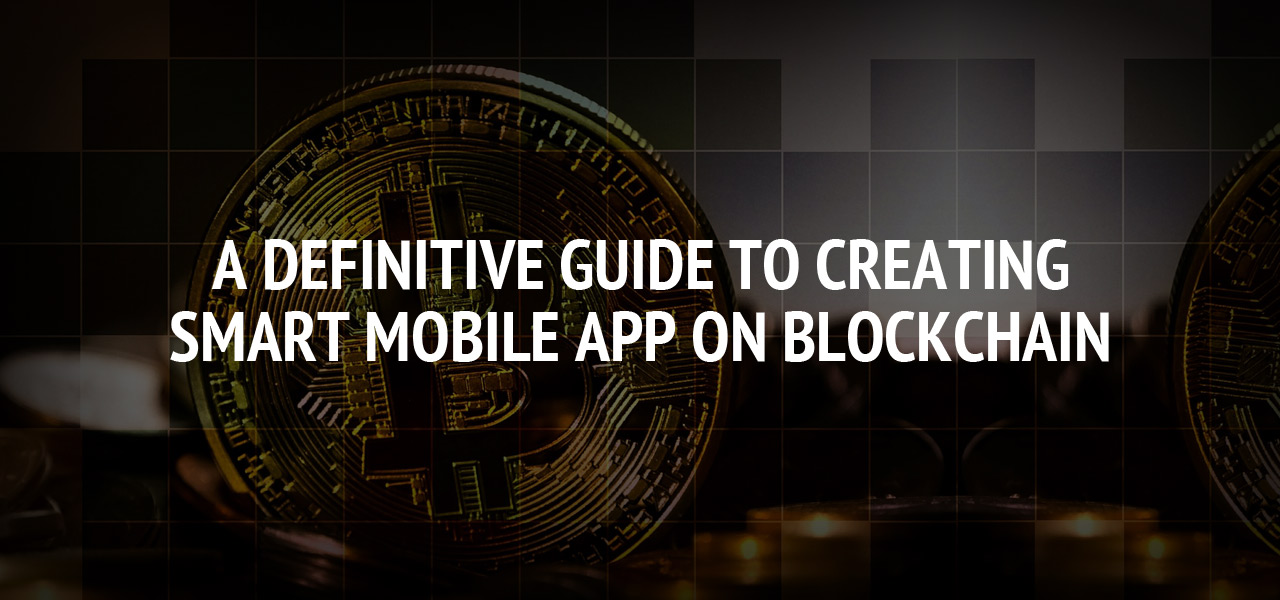
What is blockchain technology?
The blockchain (or chain of blocks) is an information storage and transmission technology; transparent, secure, and operating without a central control body.
Sometimes, by extension, the 'blockchain technology' is presented as a distributed database that manages a list of records protected against falsification or modification by the storage nodes. A blockchain is thus a decentralized and secure chronology of all transactions made since the start of the distributed system.
The blockchain revolution is often compared to the internet. The Internet transfers data packets from point A to point B, while the blockchain allows "trust" to be established between separate parts of the system. To know more about Blockchain Technology, one can always look up to several blockchain tutorials online.
How does Blockchain work?
In the case of the blockchain, transactions between the users are grouped into blocks. Each block is validated by “minors”, which are essentially nodes of the blockchain network. These minors use the techniques depending on the type of blockchain. In the case of blockchain of bitcoin, the technique used by the minors is known as “Proof of Work”. This technique involves solving algorithmic problems.
A block, after validation, is stamped and added to the blockchain. Once this is done, the transaction is visible to everyone in the blockchain. The process of validation of blocks is time-consuming, and the time required is different for different type of blockchains.
Use Cases of Blockchain technology
Proof of your digital identity
With the possession of our own private keys, we become owners of our digital identities.
We no longer need accounts with associated authorizations held by the central parties to ensure that we are who we claim to be.
The chain of blocks gives both parties the mathematical assurance that the other person is who they claim to be. This is done without our having to reveal our full identity so that our privacy and security are assured.
Follow-up of the audit
This is important for the financial sector.
The traditional model, which involves a veritable mess of servers and private intermediaries, is necessary for banks because they have strict regulatory requirements and data protection standards that they must respect.
But this complexity is accompanied by atrocious inefficiencies and unnecessary costs. The billions of dollars spent on securing data in finance and other industries have also failed to counter attacks by hackers.
Blockchain technology could automate the tracking of access to information and records, control required permissions, and determine who sees the information.
The healthcare industry will benefit greatly here as well.
Code-based compliance
It's a matter of time before blockchain technology becomes a regulatory framework for most companies in the world.
Governments could code their legal conditions into a chain of blocks and let companies prevent or accept what they are trying to do.
Think about how much money and time could be saved if, for example, a purchase made by a trader in a bank would not pass because it did not match the rules encoded in the blockchain:
- The trader could not break the law in the first place.
- No one would be needed to check all the exchanges he had made that day (and hopefully, to spot the illegal trade)
- No compliance officer would have to rush to cancel the transaction or report it to regulators.
- No regulatory investigation or legal proceeding should take place.
- Taxpayers' money would not be spent to keep the trader locked up.
It's a lot of headaches reduced right there!
Governments and Government Agencies
For governments, there are few key areas where the blockchain can help:
- Maintenance of property rights - this allows tracking and securing items such as birth certificates, census data, cadastral records, etc.
- Network Permission - be able to choose who is allowed to be part of a chain of blocks
Tips for developing Blockchain apps
Making blockchain apps is pretty difficult, and making them “secure” is even more difficult. There is a shortage of blockchain developers who are really skilled in what they do. However, since there are a huge demand and increasing popularity of blockchain nowadays, more and more blockchain developers are needed.
Following are some tips that help in developing good blockchain applications.
Understanding principles of the blockchain
Before diving yourself completely into the world of blockchain development, it is important that you understand the basics first. You can take up online courses on blockchain or read books on the same to get a good understanding of what blockchain exactly is and how it works.
Using Blockchain Open Source
There are many open source blockchain platforms that facilitate the development of blockchain applications. These include MultiChain, Eris, OpenChain, bigChainDB, HydraChain, Ethereum, Quorum, OpenZeppelin, Hyperledger, Stellar, etc. These can be used for easy and quick development of blockchain applications.
Ethereum is the most commonly used platform for blockchain development. The most popular Ethereum clients are Geth and Parity. You should be comfortable using Ethereum to be a successful blockchain developer.
Get a good understanding of data structures
In blockchain development, several data structures, for example, Stack, Queue, Tree, HashMaps, Linked Lists etc., are used. Hence, as a blockchain developer, you are expected to be comfortable using these data structures.
Learn about the various distributed ledger protocols
One of the most desirable skills for the blockchain developers is a very good understanding of distributed ledger protocols. Hence, take time to learn about them -- what they are, how they work, etc.
Conclusion
The blockchain is a very popular technology in the market, that has some amazing use cases. There are several blockchain app development platforms already existing that facilitate blockchain app development. However, the existing platforms are undergoing upgradations and new platforms are also coming up. There is a great scope for innovation in the blockchain technology and learning it will definitely give you an edge over others.
About The Author
Related Blog
View All-
Top 4 Must-Know Myths About Mobile Apps
You have probably heard that app development is more than coding and device configurations at device compatibility, especially for apps that adapt to different devices and provide multiple entry points through Mobile app development using Swift, Java, or any other ...
-
The Top iOS and Android Apps of February 2018
There are so many choices on the App Store and Google Play, it can be difficult to decide which ones are worth the time — and space on your phone. However, this list of top options should point you in the right direction, whether you're an Android fan ...


